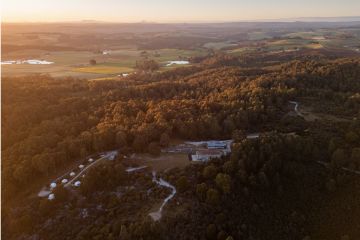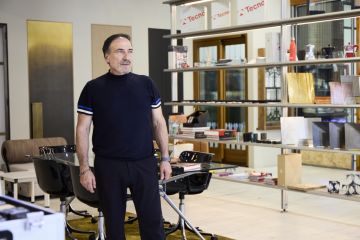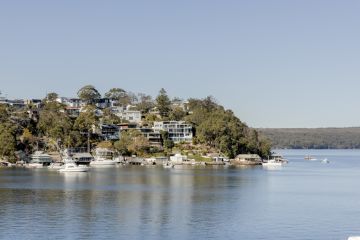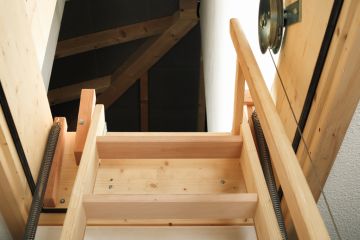"There has been a tribe of women and men who fought hard over the years for women to play football at an elite level": AFL boss Nicole Livingstone
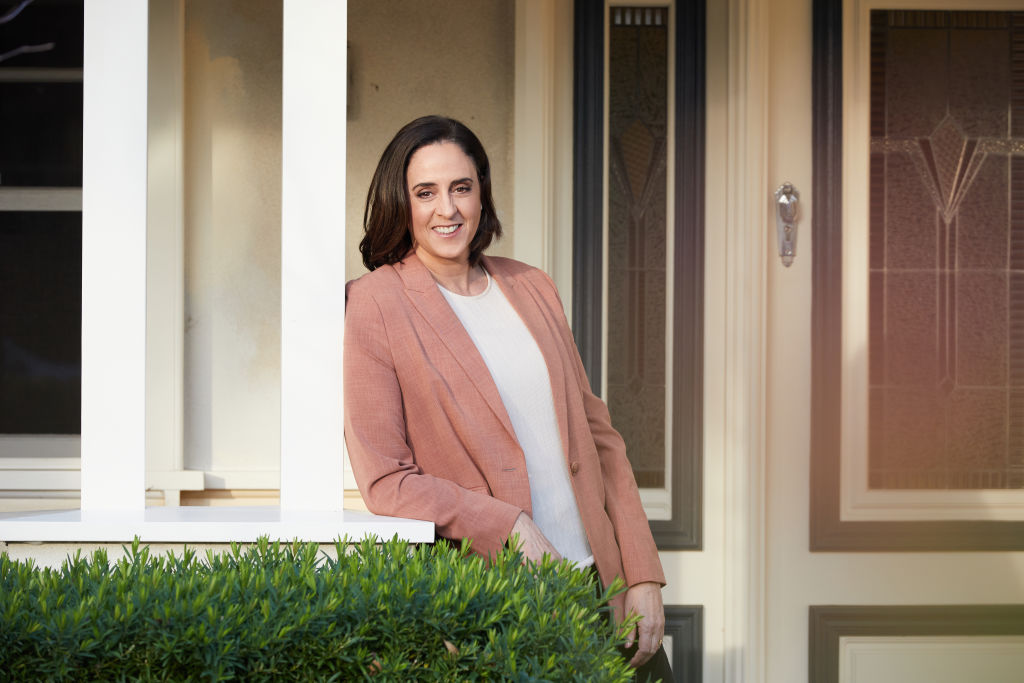
Three-time Olympic swimming champion and sport commentator Nicole Livingstone also gets her kicks as the head of AFLW – keen to bring women’s football into a league of its own. Atop her work with AFLW, Livingstone is a Medibank ambassador.
The AFLW’s sixth season will commence in January next year.
“There has been a tribe of women and men who fought hard over the years for women to play football at an elite level,” says Livingstone, who took on the role of general manager of women’s football for the AFL in 2017.
“Being able to make it a summer league means audiences won’t have to choose who they watch. They can focus on the AFLW before the men’s season begins. It’ll allow people to entrench themselves into a women’s league that is exciting, expanding and the biggest single employer of women athletes in this country,” Livingstone says.
Expanding to 18 teams means more women can pursue their love of AFLW – and the figures are a sign of just that.
The number of female football players nationwide has jumped from 380,000 in 2016 to 600,000 today.
There were 420 athletes on contracts across 14 clubs last year, a figure that increases to 540. All AFL clubs with mens’ teams will field a women’s side in 2022.
“The talent pathways on offer for girls is now the same as those offered for boys who want to play footy. It’s a great program and, considering just six years ago it didn’t exist, is pretty exciting,” Livingstone says.
She retired from competitive swimming 25 years ago, and Livingstone has remained busy out of the pool. Although she loves nothing more than commentating on sport, she’s right at home growing the AFLW.
More than a year in lockdown had its challenges for Livingstone, with five family members under the one roof all competing for quiet time. Her twins were studying year 12 and her youngest son started year 7 last year.
“We all discovered how much we love and need our own space,” Livingstone says. “But it is what it is; we couldn’t change it. We just had to get through it.”
The twins, Josh and Ella, 18, have since relocated to the US – New Jersey and Florida respectively – to pursue baseball and swimming. Her husband found time to finally build two guitars after his film and TV work slowed down, and she kept busy finding a balance with work and getting her own health on track.
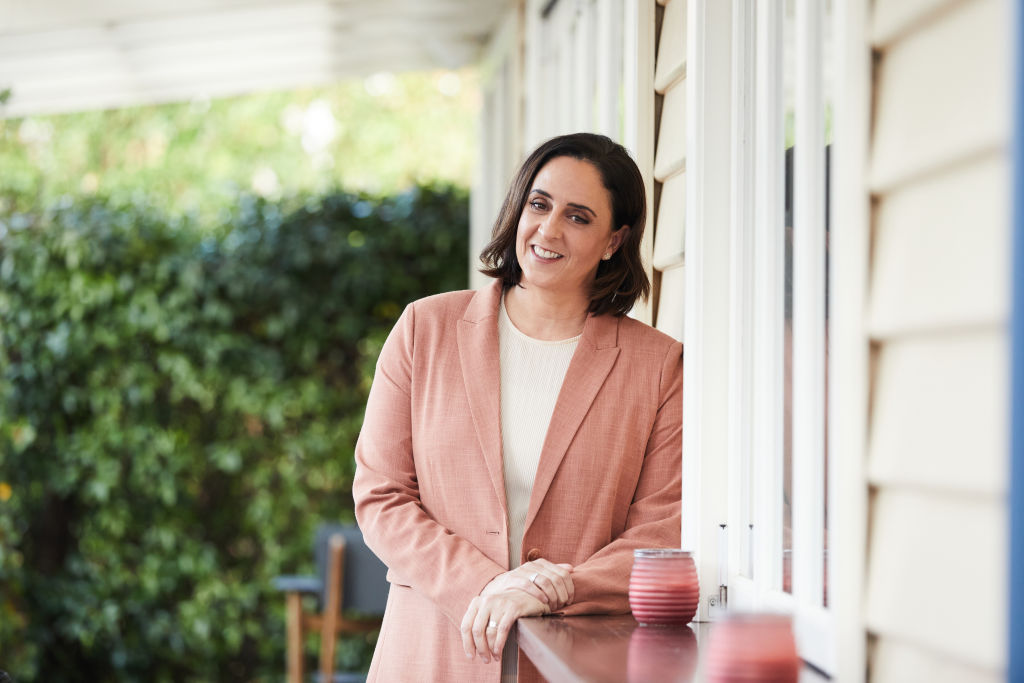
But it was while doing an aerobic exercise video at home that Livingstone found herself in need of a double knee replacement. She undertook home rehabilitation to get fit enough to travel to Tokyo for the Olympics commentating.
“I injured my knee while doing a ski jump in the lounge room,” Livingstone says. “I think there was a bit of genetics with dodgy knees in my family, and I did have knee issues as a kid. But I suddenly found myself at 49 needing partial knee replacements.”
Arriving in Japan a few months ago coincided with the 20-year anniversary of her mother’s death from ovarian cancer.
“I was in Japan when my mother died, so I wasn’t around and it was very hard on me,” Livingstone says. “To be back in Japan all these years later is sentimental for many reasons. I am sad Mum never got to meet my kids, but she did leave a blood sample to test if we had the same BRCA2 gene,” Livingstone says.
“That gesture alone opened up all sort of empowerment for me,” she says. “I had my ovaries removed at 45 because of my increased risk. Ever since I was 30, I have had surveillance and access to medical experts to make informed decisions about my health. For that I am grateful.”
Growing up in Parkdale in bayside Melbourne, Livingstone might have chosen footy if it was an option as a child growing up in the ’70s. But instead, she found her passion in the pool, following in the steps of her older brother and sister.
She took up the sport aged nine and at 13, made her first Australian swimming team.
“I’ve been in the public eye ever since I was a young girl [and] until I stopped competing around 25. While it sounds gimmicky, I just got used to it,” she says.
“When I realised my sporting career was coming to an end, I wanted to make sure I had some parallel vocational work happening and I focused on the commentating but also did a corporate public affairs shop at Australia Post between competing at the Barcelona and Atlanta Games,” she says.
Livingstone competed in three Summer Olympics – 1988, 1992 and 1996. She looks back on that time fondly.
“There’s a lot more choice for women in this country now than in the 1990s,” Livingstone says.
“But you have to remember that during the 2000 Olympic Games, Friends was knocked off air to put swimming on TV and they had 1 million people watching. It was the time before pay-TV and the nation was glued,” she says.
“From a women’s sports point of view, there was a period there of female athletes who always succeeded and did exceptionally well. They punched above their weight but never got the kudos or sponsorship dollars and attention they deserved,” Livingstone says.
“We have had some who have broken through like swimmer Susie O’Neill, but I think this is the era for women athletes. It is an era for them to really make a difference and they’re doing it from swimming to footy. It‘s a wonderful thing.”
The AFLW 2022 season begins on January 6.
We recommend
States
Capital Cities
Capital Cities - Rentals
Popular Areas
Allhomes
More
- © 2025, CoStar Group Inc.



